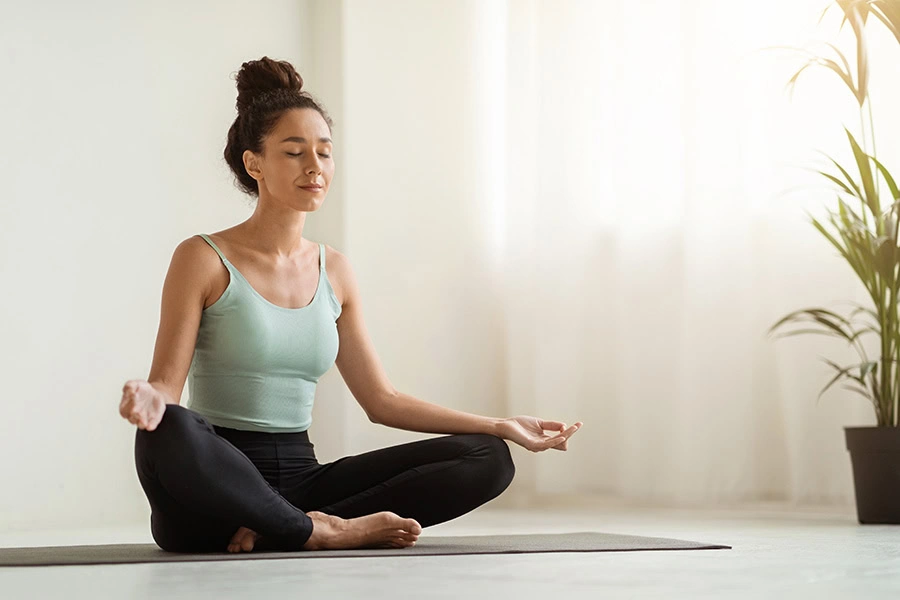Addiction comes with a wide range of challenges, many of them unexpected. As you transition through recovery and make your way into your long-term sobriety, you’ll continue to struggle with unexpected stress.
When this happens, it’s important that you have healthy coping skills for stress and addiction so that you can manage whatever difficulties come your way.
Coping Skills for Stress and Addiction: Why They Matter
Life will always be stressful. You cannot control or alleviate stress.
Unfortunately, stress is often a trigger for addiction and relapse, which is why it’s important that you have essential coping skills to help you manage both in a healthy fashion.
So, what are the best coping skills for stress and addiction?
Develop New Skills
One of the best coping skills for stress and addiction is to learn something new.
- Confidence: When you learn something new, you boost your confidence and overcome the sense of potential boredom or loneliness that is so common when people deal with addiction and stress.
- Goal setting: One key to success in recovery and managing stress is being able to set goals and follow through with structure throughout your day. Learning a new skill forces you to set goals in such a fashion.
- Adaptability: New skills increase your adaptability, making it easier for you to adapt to changes in your daily life. This is essential when you are recovering from addiction or trying to deal with stress because both scenarios require a lot of adaptability.
- Mental health: Learning new skills is beneficial for your mental health. With any new skill, you build new neurons and improve your cognitive function, thereby boosting your mood. This reduces the impact that stress can have on your life and subsequently reduces your risk of addiction relapse.
- Self-Esteem: When you learn a new skill, it will naturally boost your self-esteem, and increased self-esteem will give you the confidence you need to tackle stress in a healthy fashion and avoid falling victim to addiction again.
The new skills can be something like learning a new learning how to properly waitlist or power lift, learning to play a musical instrument, learning to garden, learning to knit, or learning to do Qigong or Tai Chi.
Find something that piques your interest, and from there, you might discover that developing new skills helps you better cope with stress and addiction in unpredictable ways.
Focusing on What You Can Control
Other coping skills for stress and addiction are based on CBT: knowing what you can and cannot control and acting based on that information.
When you are stressed or facing triggers, you need to be honest about what things are within your control and what things are outside of your control.
When uncertainty happens, many people imagine the worst-case scenarios, but then they end up ruminating on those worst-case scenarios.
Consider what advice you might give to a friend or a loved one if they were in your situation. If you are honest with yourself and do not feel as though you can control your response to unexpected situations or stress, don’t hesitate to reach out to a support group or to get professional care from a qualified treatment center.

Practice Yoga and Meditation
Yoga and meditation are ideal coping skills for stress and addiction because they can be practiced at any time in a variety of fashions.
- Meditation: Meditation can help you build mental resilience and calm your body when triggered. Meditation helps you change your cognitive reactions so that you are less reactive to stress, with reduced blood pressure and lower resting heart rates.
- Yoga: Those who practice yoga have a significant drop in their cortisol levels, even those with no previous experience in yoga. This means yoga as a coping skill for stress and addiction can legitimately reduce the stress hormones in your body at any given time.
Studies indicate that meditation, just like mindful yoga, helps you focus on the present. Depression is often related to rumination about the past, while anxiety is tied to concerns about the future. When you are stressed or dealing with addiction, you are more likely to get stuck in the past or the future, but yoga and meditation can help ground you in the present.
Learning Coping Skills at Hammocks Recovery
At our facility, we offer a range of holistic treatments including women’s yoga therapy, all of which can help you learn how to properly engage in self-care as a form of coping.
At Hammocks on the Edisto in South Carolina, we provide a unique, women’s only facility that focuses on restoration and growth. Our goals are to help you transition into a lifestyle of recovery, one with healthy coping skills and supportive resources.
We offer unique therapies, all of which are customized to individual needs and grounded in evidence-based holistic practices. Our comfortable, healing environment provides a campus that is safe and supportive for women no matter where they are in their recovery.
Call today at 833.549.0383 to learn more about developing your personalized coping skills.





